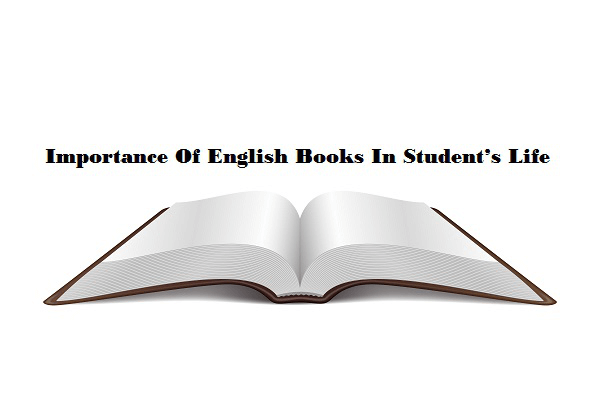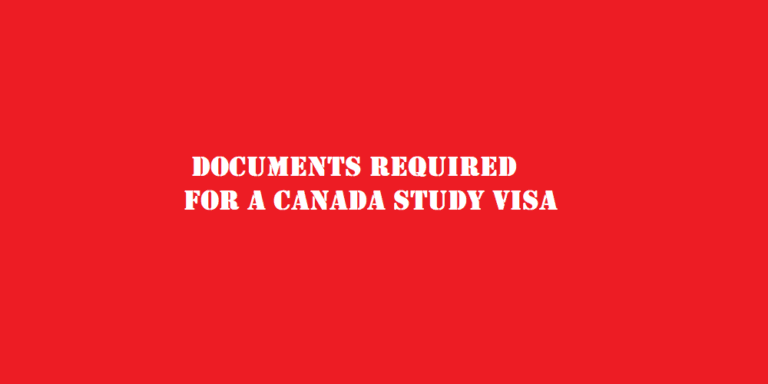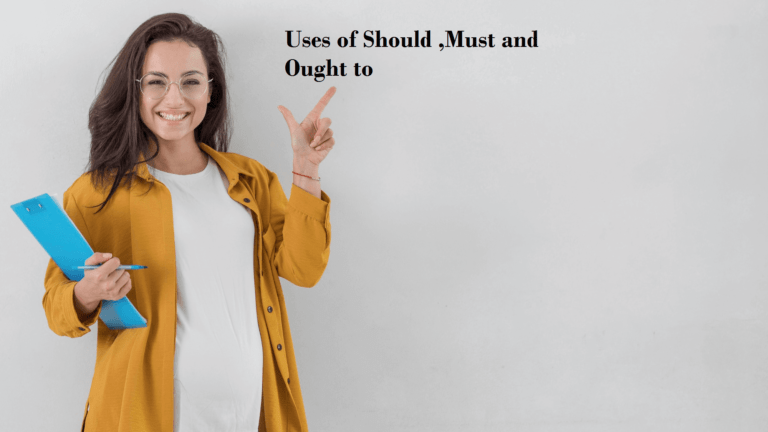Linking Words And Phrases In English
In English, linking words and phrases are used to connect ideas and show the connections between different parts of a sentence or between lines. They help to make your writing or speaking more coherent and smooth.
In English, you need to connect words and phrases when you want to say express something, give additional details, show connections between different parts of a line or text, or make your writing or speech flow better. Here are some usual times when linking words and sentences come in handy:
Writing essays or academic papers: Linking words and phrases helps you explain points, give proof, and connect different parts or areas of your paper. They improve the structure and coherence of your work.
Giving presentations or speeches: When giving a presentation or speech, connecting words and phrases help you for a smooth transition between different points, emphasize vital information, and lead the audience through your thoughts.
Writing reports or articles: Connecting words and phrases help organize information, show facts, and create logical links between different sections of the text.
Expressing opinions and arguments: Linking words and phrases helps you to support your assertions, give counterarguments, and provide instances or evidence to reinforce your position while expressing your thoughts or arguments.
Telling a narrative or narrating an event: Linking words and phrases, whether written or spoken, let you sequence events, describe linkages between acts or circumstances, and maintain a consistent narrative flow.
Explaining cause and effect relationships: When discussing cause and effect relationships, linking words and phrases allow you to explain why particular outcomes or consequences occur.
Comparing and contrasting: When comparing and contrasting distinct concepts, things, or circumstances, linking words and phrases are essential. They assist you in emphasizing similarities, distinctions, and interactions between them.
Describing processes or steps: Connecting words and phrases help to indicate the sequence, order, or development of events when describing processes, procedures, or stages.
Here are some phrases and terms that are frequently used to link ideas. We have categorized linking words and phrases as per the situation :
Addition:
And
- Ram was wet and tired.
In Addition
- Lisa a Singer in addition to being a full-time student.
Furthermore
- Her presentation skills are excellent, and furthermore, she exhibits great leading skills.
Moreover
- The whole report is excellently written. Moreover, it’s accurate.
Besides
- I have no other bag besides this back beg.
Additionally
- John not only finished his project early, but he additionally offered to help his partners with their assignments.
Also
- She enjoys playing the piano, and she also has a talent for painting.
Read More: POWER OF COULD HAVE, SHOULD HAVE, WOULD HAVE
Contrast
- but
- however
- nevertheless
- on the other hand
- in contrast
- nonetheless
- yet
She studied diligently for the exam, but, however, she didn’t perform as well as she had hoped. Nevertheless, she remains determined to improve her grades. On the other hand, her friend didn’t study much, but in contrast, achieved surprisingly high scores. Nonetheless, she acknowledged the need to maintain consistent effort in her studies. Yet, both students are motivated to strive for academic success.
Comparison
- similarly
- likewise
- in the same way
- just as
- compared to
- in comparison
Cause and effect
- because
- since
- as a result
- consequently
- therefore
- thus
- hence
Read More: Use of Can And Could
Time
Meanwhile
- At the present time, an increasing number of people are moving from rural areas to urban areas in order to find a better life, yet meanwhile, city life has its own issues. In this essay, I will analyse some relevant problems and suggest some solutions as well.
Afterwards
- John was arrested shortly afterwards.
Before
- I will complete the work before lunch.
After
- He had already decided to leave the company after getting his experience letter.
During
- I visit my uncle’s house during my summer vacation.
Subsequently
- The company experienced a decline in sales during the first quarter. Subsequently, they implemented a new marketing strategy to attract more customers.
Finally
- After hours of studying and preparation, Smith finally get top rank in his class.
Example
- for example
- for instance
- such as
- specifically
- in particular
- to illustrate
Emphasis:
- indeed
- in fact
- notably
- importantly
- above all
- especially
Read More: Use of May and Might
Conclusion
- in conclusion
- to sum up
- ultimately
- in summary
- in brief
- all in all
Sequence
- first, second, third
- next
- then
- finally
- lastly
Clarification
- in other words
- that is
- to clarify
- to put it another way
Read Also: Top 10 Uses of Would







